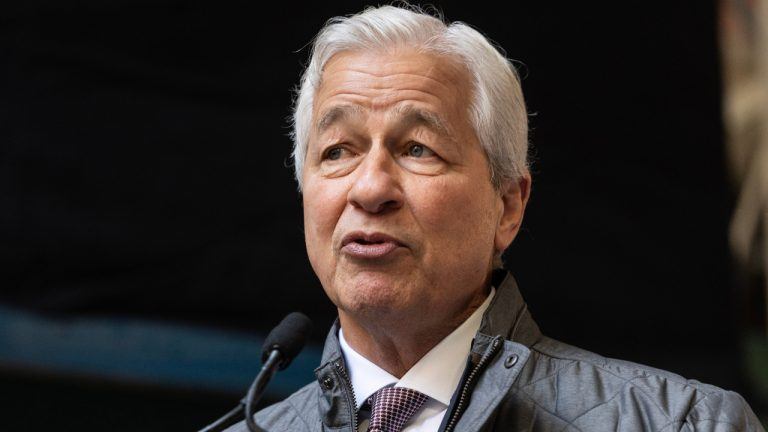House members call for an end to lawmakers trading stocks — is crypto next?

“This would end the potential corruption of lawmakers pursuing policy outcomes that benefit their portfolios,” said 27 members of the U.S. House of Representatives in a letter calling for a ban on stock trading.
Congresspeople currently HODLing or actively trading in crypto may have to stop doing so while in office if recent pushes to ban lawmakers from investing in stocks gain enough support.
In a Monday letter addressed to Speaker Nancy Pelosi and Minority Leader Kevin McCarthy, 27 members of the U.S. House of Representatives called for action “to prohibit members of Congress from owning or trading stocks.” Among the bipartisan group of lawmakers who signed onto the letter was Illinois congressperson Bill Foster, who is also a member of the Congressional Blockchain Caucus. In addition, the letter seems to have support from politicians diametrically opposed on major issues like Progressive Democrat Rashida Tlaib and Republican Matt Gaetz, who is reportedly under investigation by the Justice Department for allegedly violating sex trafficking laws and obstruction of justice.
Members of Congress are currently allowed to buy, sell and trade stocks and other investments while in office, but are also bound to disclose such moves by the Stop Trading on Congressional Knowledge Act, or STOCK Act, passed in 2012. This piece of legislation requires lawmakers to report any purchase, sale or exchange over $1,000 within 30 to 45 days, but provides minimal financial and legal consequences for not filing in time. The Jan. 24 letter noted that the STOCK Act “had been violated hundreds of times just since 2020.”
“It’s clear the current rules are not working,” said the letter to Pelosi and McCarthy. “Congress should close these loopholes by simply banning members from owning or trading individual stocks while in office. In addition to ensuring that members’ access to information doesn’t advantage them over the public when trading stocks, as the STOCK Act sought, this would end the potential corruption of lawmakers pursuing policy outcomes that benefit their portfolios.”
The House members added:
“There is no reason that members of Congress need to be allowed to trade stocks when we should be focused on doing our jobs and serving our constituents. Perhaps this means some of our colleagues will miss out on lucrative investment opportunities. We don’t care. We came to Congress to serve our country, not turn a quick buck.”
Senators Jon Ossoff and Mark Kelly proposed a similar piece of legislation for the U.S. Senate on Jan. 12. Ossoff referenced a survey from the advocacy group Convention of States Action, which found that roughly 76% of voters said that lawmakers and their spouses had an “unfair advantage and should not be allowed to trade stocks while serving in Congress.”
Speaker Pelosi does not seem to have responded to the letter from House members. However, when questioned about a possible ban on lawmakers being allowed to trade stocks in December, she said “we’re a free-market economy — they should be able to participate in that.”
Democratic lawmaker Alexandria Ocasio-Cortez — whose name did not appear on the letter to Speaker Pelosi and Minority Leader Kevin McCarthy — said in December she believed members should neither hold nor trade individual stocks, hinting that to do so would allow them to “remain impartial about policy making.” She added that she extended this belief to holding digital assets and cryptocurrencies like Bitcoin (BTC).
Related: House memo details Congress’ priorities ahead of crypto CEO hearing
Cointelegraph reported on Jan. 18 that seven members of Congress from both the Senate and House had declared investments in crypto during their time in office. Among lawmakers with the highest reported exposure were New Jersey Representative Jefferson Van Drew and Wyoming Senator Cynthia Lummis, who disclosed a 2020 investment of $250,000 in a trust operated by Grayscale, and a 2021 BTC purchase of up to $100,000, respectively.
Cointelegraph reached out to Representative Bill Foster for comment, but did not receive a response at the time of publication.









